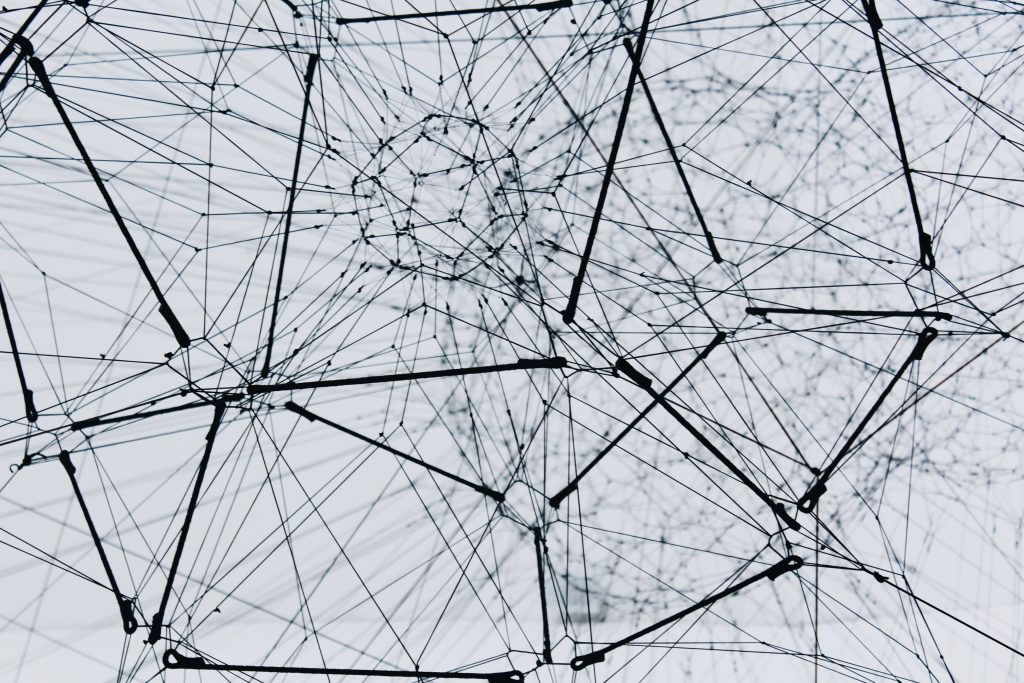
It has been a few weeks since I have posted due to the first work travel in over a year – finally! I have been doing a lot of reading and thinking, and while I do not have time this week to develop a comprehensive thought piece, I wanted to preview what I’ve been chewing on.
So, first a bit of context. One of the regular trains of thought within the family business / family office world is that that families are ‘systems.’ When this insight is delivered, it is usually done so to highlight that each part of the family, business, office, enterprise, etc. are inter-connected. A primary voice in this dialogue is Bowen Family Systems Theory. Family Systems Theory was developed by Murray Bowen and focuses on the family as an emotional unit as a collective. Helpful summary here. There are a ton of valuable insights that come from Bowen’s work – especially his work on triangulation in relationships.
The question I have been wrestling with is if we agree that the family enterprise is a system, why do we so rarely behave as if that is the case?
Generally there are 3 kinds of systems to consider. The first are simple systems – think a lever and fulcrum. There is a clear relationship between the force applied and the movement that occurs in this system, and in fact, it is quantifiable using the tools of math and physics.
The next type of system is a complicated system. Rube Goldberg machines are a great example, or even a computer. While highly complicated with lots of moving parts, it is still possible to make accurate predictions about cause and effect within the system.
The final type of system is a complex system (also known as a complex adaptive system). A complex system brings together independent members who interact. This interaction creates behavior in the system overall that separates (emerges) itself from the behavior of each individual members. The point being that the whole is more than the sum of the parts, and it is no longer possible to make definitive predictions about how the whole system will respond to a single event. Learn more here
As best I can tell, when people discuss family’s as systems, they generally mean this third type. The challenge though is that far too often, is that while we intellectually agree that is true, we pursue or recommend behaviors that are not well suited to a complex system environment.
Consider a simple example, a family business has hired a next generation family member and it has gone poorly, and it has been decided to part ways with this family member. The question is – What should the family do to prevent another adverse outcome like this from occurring in the future? Conventional wisdom would suggest the answer is the creation of a policy to address family employment. Problem is presented, and a simple solution is devised to address it – therefore future problems are avoided.
The problem with this line of thinking is that it assumes a predictable, linear relationship between the policy and the outcome to be avoided. This thinking would make sense if we were only dealing with a simple or complicated system. But if we believe the family enterprise is a complex system, we should be prepared to consider other dimensions of impact from a simple policy decision.
For example, how does the new policy affect high capacity, next generation family members who are now unable to enter the business when desired? Will they land at outside firms and see success, thereby lowering their desire to work? How does the individual who the policy was drafted in response to feel? Does their household or family branch feel disproportionately targeted by the adopted policy? How do existing family members in the business feel about their place if the new policy specifies competence or capability based requirements for entry. Does the policy have an overall chilling effect on family working within the business? If less family members are entering the business, does it improve the quality of external candidates who could be recruited but had stayed away from the company due to nepotism concerns?
All these other dynamics and more are at play within the simple creation of a single policy. The point being is there are a tremendous number of additional dimensions to consider with any proposed action.
This complexity should inform how we approach problem solving. Next week, we will talk further about how to act in complex systems.
